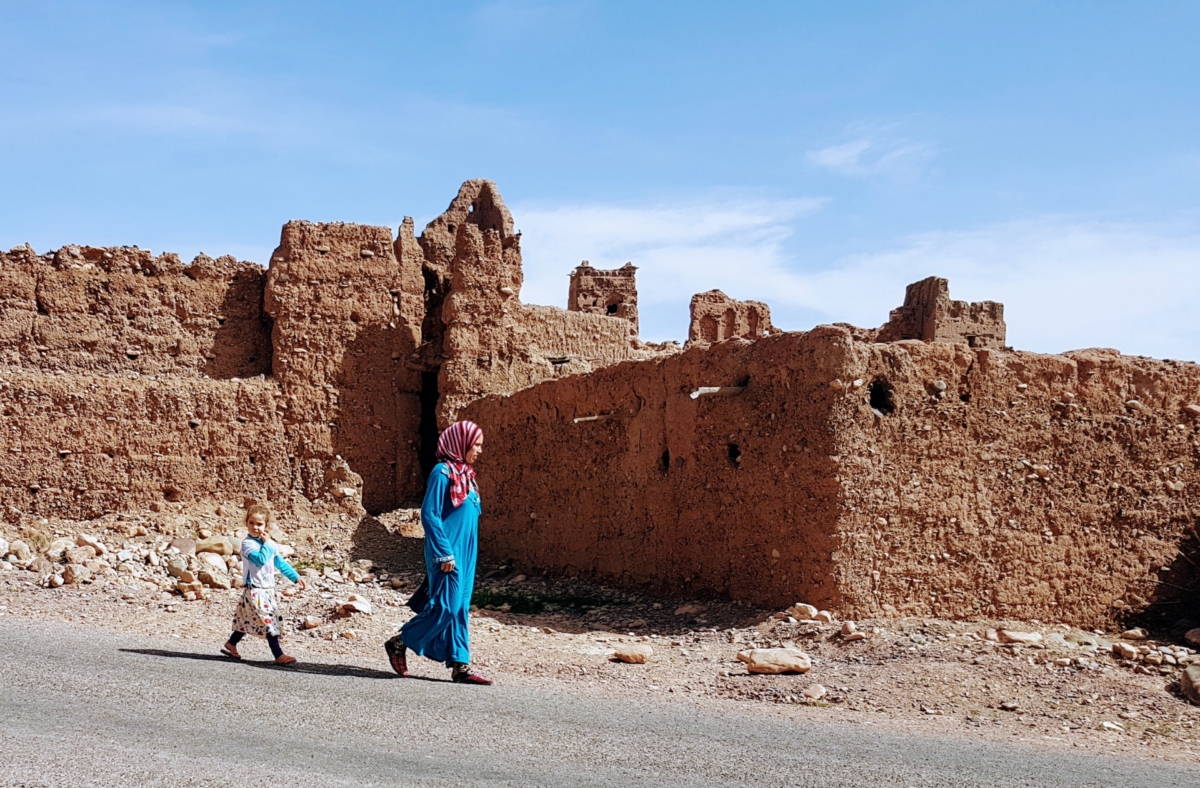
The heart and soul of Global Greengrants Fund is our global network of volunteer advisors. Numbering over 200 worldwide, these environmental leaders, professors, activists, scientists, and committed justice advocates identify, select, and accompany the grassroots grantees who receive funding from Global Greengrants.
Today, we’re thrilled to share that we’ve launched a new advisory board in the Middle East and North Africa region.
We have made a number of grants to this region, also known as MENA, over the years, and we have seen the difference that our grants to local grassroots organizations have made. We are excited to develop a dedicated grantmaking program led by local environmental civil society leaders in the MENA region.
Why MENA?
Ecologically, the MENA region is notable for its extreme dryness. MENA contains the two largest deserts in the world, the Sahara and the Arabian, and eight of the world’s ten most water- scarce countries, according to a study by the Food and Agricultural Organization of the UN. Nearly 80 percent of the region is covered in desert, arid, or semi-arid terrain.
Due to this dryness, climate change is having a profound impact on the region, bringing increasingly longer dry seasons and hotter heatwaves that strain the region’s sparse water resources. The stress of drought on agricultural workers has forced many to migrate to urban areas for work.
In turn, many cities, rushing to meet the water needs of a growing population, have turned to unsustainable solutions and are extracting water from underground reservoirs at a rate that exceeds its renewal. Many expect that contention over water sources will soon lead to wars in the region, if countries do not find ways to manage water more efficiently.
Water pollution, in addition to solid-waste and air pollution, also affects the MENA region. Most of the countries in the region lack adequate solid-waste management. The region is naturally prone to dust and sand storms, but climate change has rendered these storms more frequent and severe.
In addition, industries like cement, phosphate, and coal fill the air with pollution on a daily basis, creating unsafe conditions for those living nearby. These environmental challenges compound economic and political instability in the region, fueling food insecurity and significant migration within and out of the region.
Growing Grassroots Movements
At present, two obstacles are impeding the growth of local grassroots movements. First, organizations that work on environmental issues in the MENA region frequently find themselves in conflict with corrupt institutions, corporate interests, and repressive governments.
The second major obstacle grassroots environmental groups in the MENA region face is difficulty in accessing funding they need. On top of restrictions put in place that limit environmental organizations’ ability to access financial resources, most international donors to the region are funneling their support into industry-focused job creating initiatives, as unemployment is framed by international institutions as the most urgent and critical need in these countries. However, these initiatives fail to address the underlying problems leading to inequality, instability, and degradation of natural resources and instead accelerate unsustainable development and extractive economies, exacerbating the environmental and social justice issues many in the region face.
Greengrants in the Middle East and North Africa
Thanks to essential seed funding from the Sigrid Rausing Trust, Global Greengrants Fund was able to establish a new regional program in the Middle East and Northern Africa and begin formally awarding grants to grassroots groups in the region.
During the program’s initial year, Global Greengrants plans to prioritize work in Lebanon, Morocco, and Tunisia, and we will scale our support to other countries in the region as funding for the program increases.
Our investment will address both the environmental issues mentioned above, as well as seek to grow the strength of grassroots movements in the region by providing access to resources.
Amy Ekdawi, coordinator for the new board, says, “The MENA region is plagued by worrying environmental issues. The impacts of climate change are manifested in scarcity of water resources, longer drier seasons, sea-level rise, hotter and longer heatwaves, and more frequent dust and sand storms. Mismanagement of natural resources adds insult to injury. However, small grants could go a long way unleashing the creativity of the region’s young population towards tackling those life threatening risks.”
As with all Global Greengrants’ programs, our grantmaking in MENA will involve an intersectional approach and seek to support the leadership and engagement of women, youth, persons with disability, and other under-represented populations in environmental justice movements.
